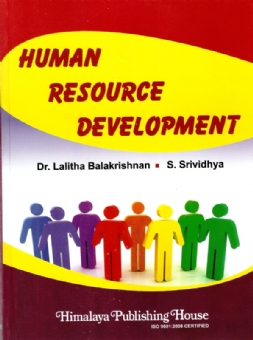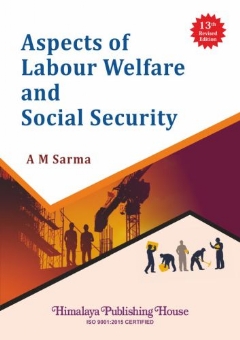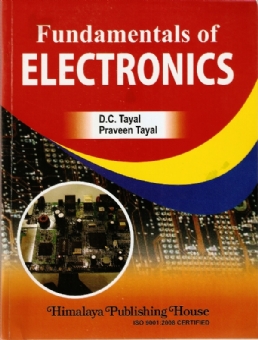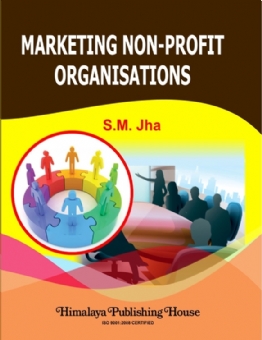Concomitant with the progress in the global civilization, radical changes have taken place in spheres of human life. Service quality, global village, knowledge economy, professional management, democratic leadership, women empowerment and inclusive growth are some of the buzz words in circulation in recent times. One among such recent popular concerns is soft skills.
There is a clear shift in training and recruitment practices of corporate enterprises. Qualification like a college degree and training in the relevant functional field are no longer viewed sufficient for recruitment. Today in addition to them, proficiency in soft skills is considered and valued. The emphasis on soft skills become necessary, recruiters explain, for various reasons like, emergence of team work, increase in work – force diversity, revolution, rise of cross-cultural operations, growth in competition, information revolution, rise in virtual organization, and consumer sovereignty.
Skills as defined by the Oxford dictionary is the ability to do something well. Soft skills as a set of functional abilities or cluster of personality traits, relate to emotional quotient abilities or cluster of personality traits, relate to emotional quotient of individual. Typically soft skill can be defined as the skills that enable an individual engage and interact with others in dyads and groups, develop mutual understanding and acceptance, establish functional goal orientation and achieve team performance at the desired levels.
Contents –
Unit – I
Chapter – 1 Attitude
Unit – II
Chapter – 2 Goal Setting
Chapter – 3 Time Management
Unit – III
Chapter – 4 Enhancing Creativity
Chapter – 5 Creative Problem Solving
Unit – IV
Chapter – 6 Stress Management
Unit – V
Chapter – 7 Communication Skills
Chapter – 8 Process of Communication
Chapter – 9 Listening Skills
Chapter – 10 Body Language
Unit – VI
Chapter – 11 Emotional Intelligence
Chapter – 12 Interpersonal Relationships







